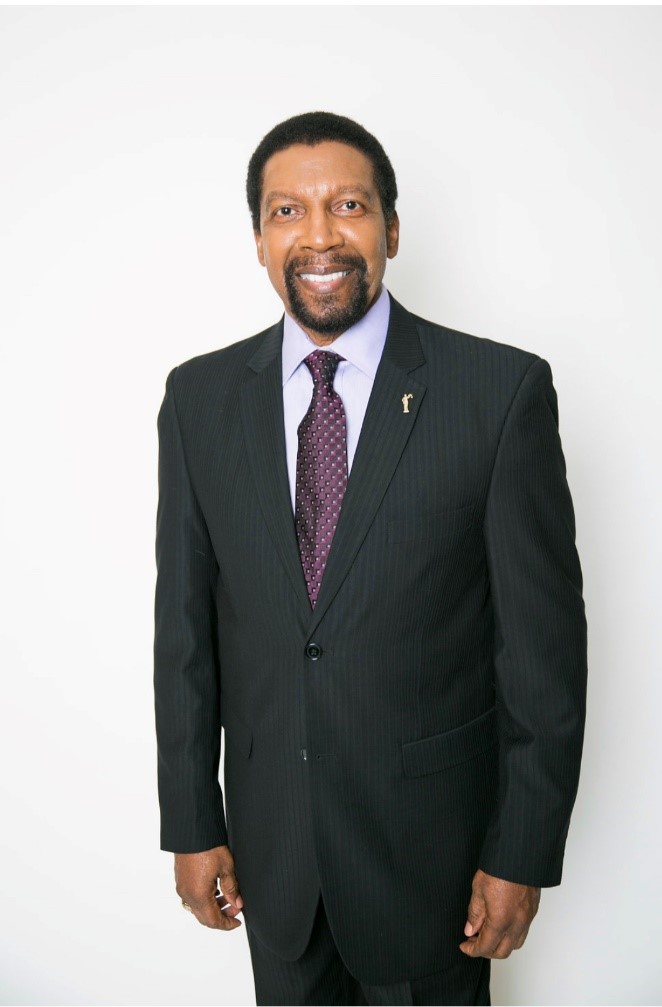
“The power of radio is not that it speaks to millions, but that it speaks intimately and privately to each one of those millions.”
–Hallie Flanagan
Radio, a timeless medium, holds a unique power in its ability to transcend physical boundaries and connect with diverse audiences. Unlike other forms of media, radio requires only the human sense of hearing, making it a versatile companion in various situations – from car rides to household chores. Its accessibility and simplicity contribute to its enduring influence. The power of radio lies in its immediacy. With the turn of a dial, listeners are transported into a world of news, music, and storytelling. This immediacy fosters a sense of intimacy, creating a one-on-one connection between the broadcaster and the audience.
Unlike visual mediums, radio allows the mind to paint pictures, fostering a rich and personal experience. Furthermore, radio is a democratic medium accessible to people across socio-economic strata. In regions with limited television or internet access, radio becomes a primary source of information and entertainment. Its cost-effectiveness and simplicity make it a powerful tool for communication, especially in areas where literacy rates may be lower.
The power of radio extends beyond entertainment; it serves as a lifeline during emergencies. Radio provides real-time information to communities in times of crisis, whether natural disasters or public health emergencies. Its reach and immediacy make it a reliable source for disseminating crucial updates, ensuring that even those without access to other media are informed and connected.
Moreover, radio has been a catalyst for social change. Historical moments, from FDR’s fireside chats to the broadcasts of Martin Luther King Jr., showcase its capacity to inspire and mobilize. The spoken word, amplified through radio waves, can shape opinions, challenge norms, and unite people around common causes. One individual who has used this powerful medium for the betterment and welfare of society is Dr. J Thomas Smith.
Dr. J Thomas Smith is an African American who has gained worldwide recognition as a radio personality, talk show host, attorney, author, motivational speaker, and substance abuse and mental health professional. Dr. Smith’s radio journey spans several decades, beginning in Detroit. In 1994, Dr. J Thomas Smith’s Saturday Morning Show and hosted Sunday Morning Live through 2020, accumulating 26 years of hosting experience at KMJQ.
Dr. Smith created his Signature DVAM Framework®, which he developed to overcome a speech impediment and get his first disk jockey position. He uses it now to assist students, entrepreneurs, and influencers reach their goals and enhance their decision-making abilities.
Smith’s radio personality career includes working with the American Forces Radio and Television Service (AFRTS) in Hollywood, California, broadcasting programs to over 50 countries. Dr. Smith has also made significant contributions in major radio markets such as Atlanta, Detroit, Los Angeles, Memphis, and Washington, D.C.
Apart from being a radio talk show host, J Thomas Smith is an attorney who is licensed to practice before numerous courts such as the United States Supreme Court, Georgia Supreme Court, Kansas Supreme Court, and the District of Columbia Court of Appeals. He also provides mental health evaluations for immigration attorneys, and substance abuse evaluations for state and professional licensing agencies.
As an accomplished author, Smith has published various books, which include Black Radio: An American History (2023), My Laws of Success: Making Your Dreams Reality (2020), My Laws of Success Goals Planner (2020), The Secret to a New Life (2011), to name a few. He is featured in The Community Project: Celebrating 365 Days of Gratitude 2024. He is co-authoring a motivational book with the legendary Les Brown with a planned release for mid-2024.
To sum it up, individuals such as J Thomas Smith use the power of radio to connect with diverse audiences. Radio’s enduring influence, whether in entertainment, information dissemination, or social change, cements it as a timeless and indispensable medium in the ever-evolving communication landscape.

